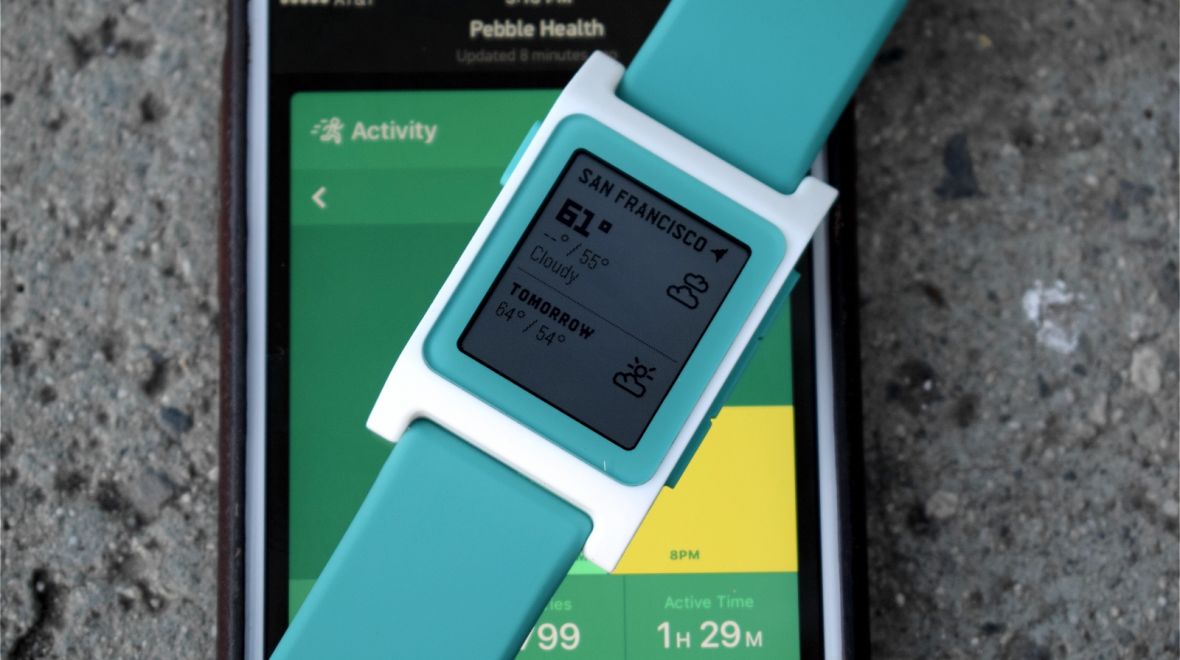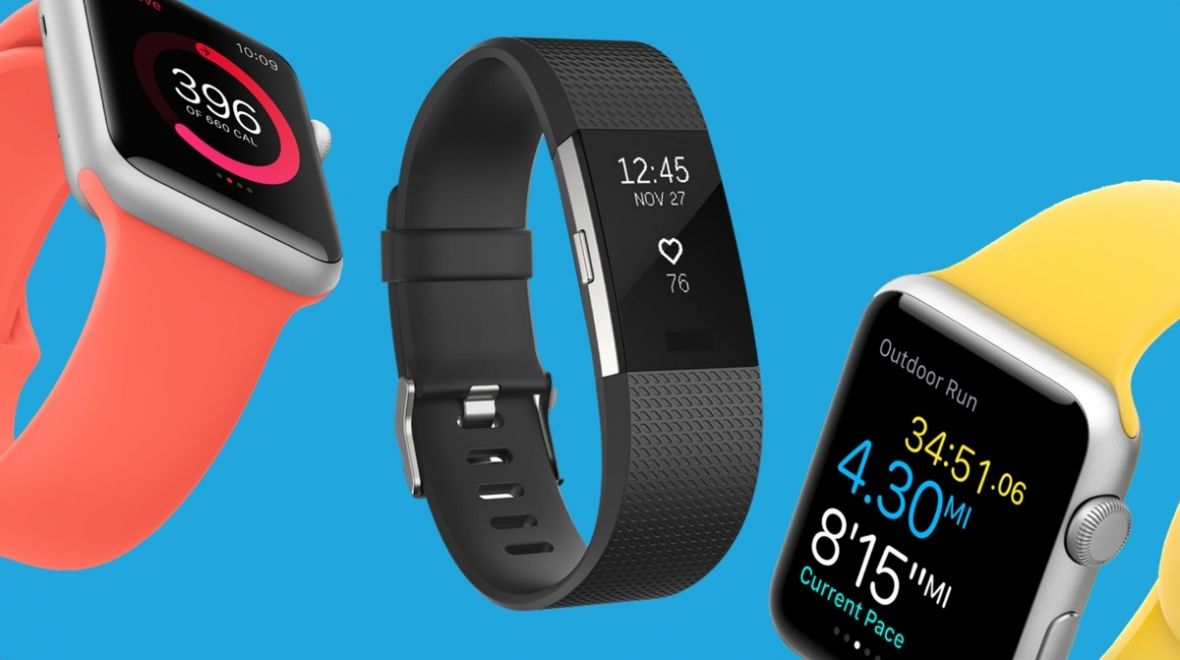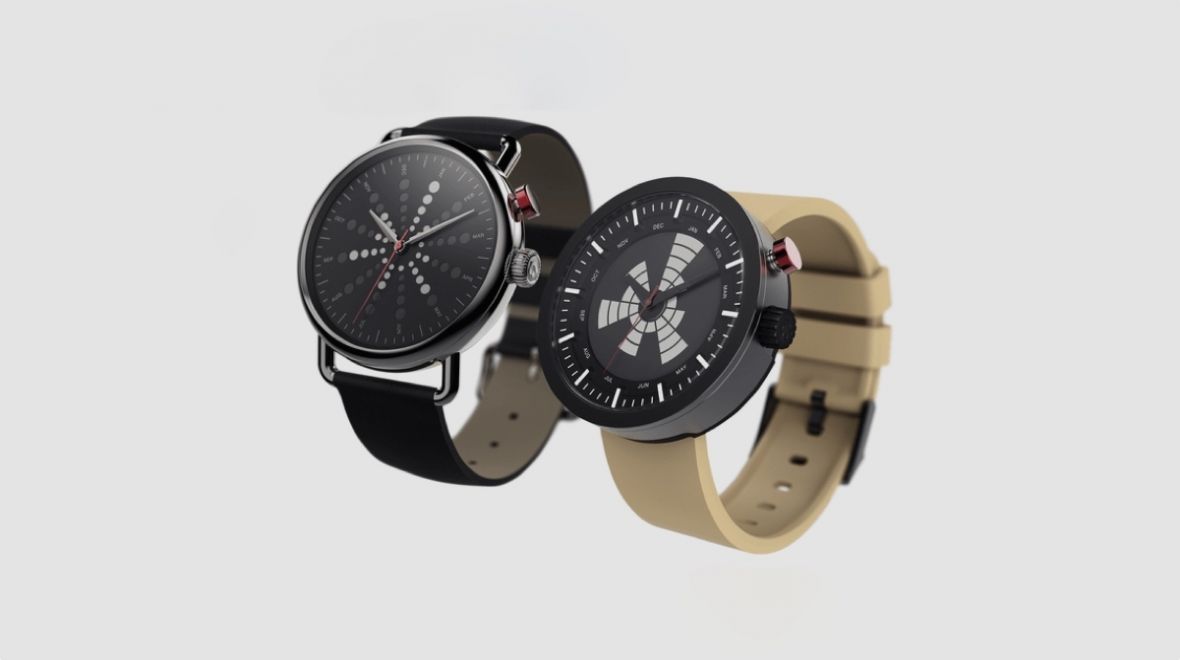Wearables can detect the early signs of illness, even if you feel fine, new research has revealed.
Stanford University researchers discovered that wearables which continually tracked vital signs can pick up signals of incoming illness up to three days before symptoms are actually felt.
In the study, published here, 43 participants were given Basis B1 and Basis Peak trackers, which they wore for a year. All of the information captured by the wearables including heart rate, skin temperature, steps taken, calories burned and sleep was then analysed.
While the accuracy may not have been precise on all of these, having a continual reading provided a consistent base line from which dramatic changes would be visible.
In the case of one subject, fluctuations in heart rate and skin temperature pointed to the early signs of Lyme disease, even though he felt fine. His suspicion that he had the disease, after noticing the change in readings, was then confirmed by a doctor.
Read this: Fitbit gets serious about delivering more meaningful data
But this wasn’t the only time. The researchers picked out a few other instances where changes in vital signs correlated with illness, allowing them to create an algorithm for actually predicting the onset of disease. The team are now working on these algorithms which they hope will one day end up in smartwatches and fitness trackers.
Possibly the most fascinating finding of all was that the wearables could “reveal physiological differences between insulin-sensitive and insulin-resistant individuals”, meaning it’s possible these sensors could be used to detect the risk of type 2 diabetes.
Source: New Scientist
SOURCE:http://www.wareable.com/smartwatches/wearables-predict-illness-stanford-study-2233



